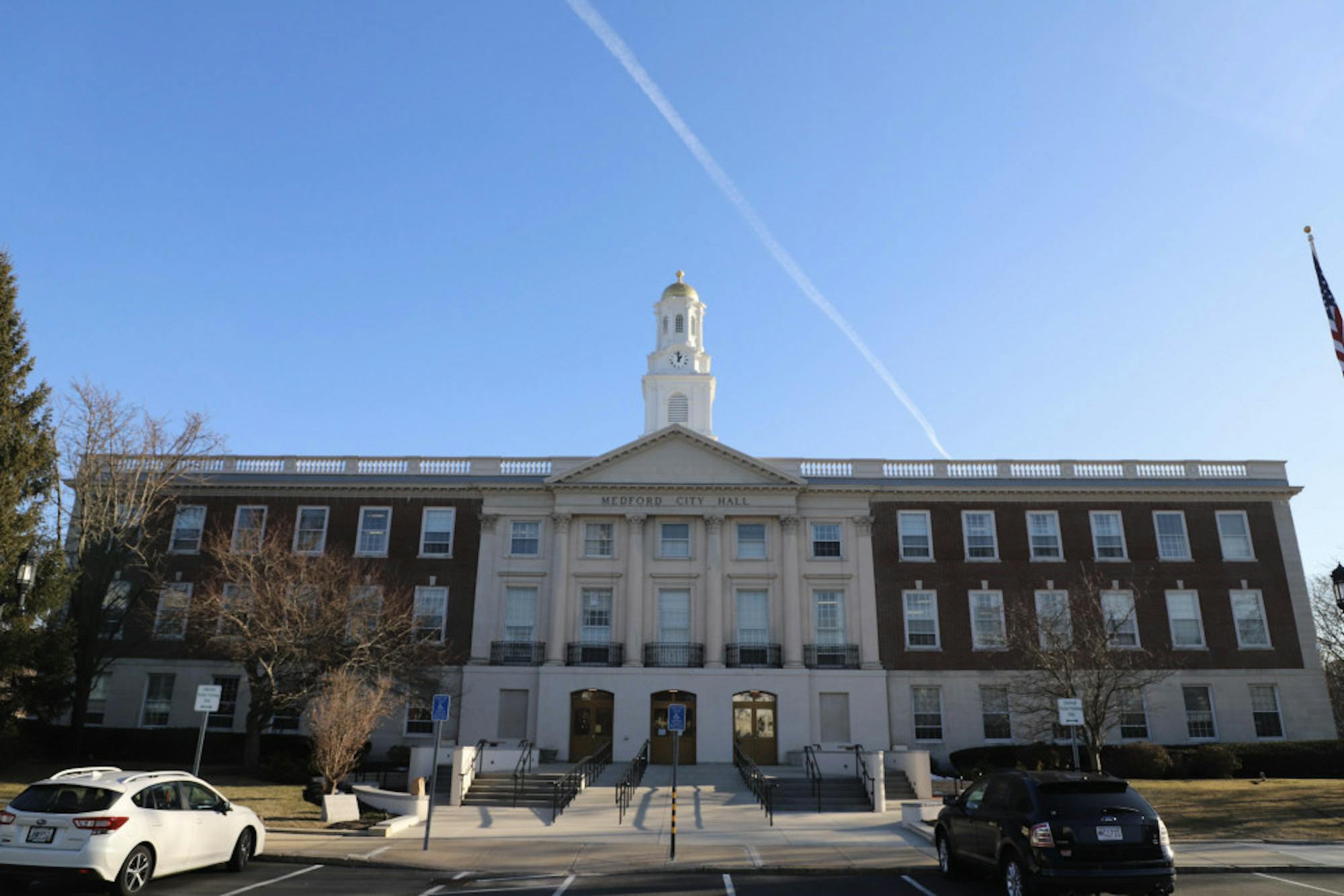This election day, Massachusetts voters will determine the fate of a bill that would allow undocumented immigrants to obtain driver’s licenses. On Nov. 8, Question 4 will ask voters to either accept or reject the Work and Family Mobility Act, a state law passed in June which would allow undocumented Massachussetts residents to apply for driver’s licenses, effective July 2023.
State representatives Christine Barber, Patricia Jehlen, Paul Donato, Sean Garballey, Mike Connolly and Erika Uyterhoeven — who represent Somerville, Medford and West Medford — have publicly advocated for a “Yes” vote, which would affirm the Work and Family Mobility Act.
“This was my bill,” Barber told the Daily. “I was a sponsor, worked on it for about four years … It was signed into law in June. The governor actually vetoed it and we overrode the veto in the House and Senate.”
Although the bill passed the Massachusetts State Legislature, the activist group Fair and Secure MA pushed to put the law on the ballot for a referendum. The group’s website claims Question 4 will increase undocumented immigration to the state and increase the likelihood of voter fraud.
Rep. Uyterhoeven, who represents part of Somerville, described the overwhelming support for a “Yes” vote from her constituents.
“I have knocked thousands of doors and spoken with hundreds of my constituents about this ballot question, I have yet to meet a constituent planning to vote no on Question 4,” she wrote in an email to the Daily.
Barber explained that the main surprise for Massachusetts voters was that the question was put on the ballot.
“People don’t know it’s on the ballot because it was a last-minute addition,” Barber said. “Once people know it’s on the ballot, they are supportive, especially with hearing about it from a public safety lens.”
A recent UMass Amherst/WCVB poll found that 51% of voters plan to vote “Yes” on Question 4, with 39% planning to vote “No” and 10% undecided.
Among those opposed to the bill is Republican gubernatorial candidate Geoff Diehl; his opponent, Maura Healey, supports the bill.
In an op-ed for The Somerville Times, Barber, Jehlen, Donato, Garballey, Connolly and Uyterhoeven, underscored the law’s public safety importance and the support it has garnered from local law enforcement.
“Yes on 4 has overwhelming support from law enforcement, including Somerville and Medford Chiefs of Police, Middlesex District Attorney Marian Ryan and Sheriff Peter Koutoujian,” they wrote in the op-ed. “They understand that our roads are safer with more licensed drivers … ensuring that every Massachusetts driver has fulfilled our state’s testing, training, and insurance requirements.”
The op-ed cites the adoption of similar laws by 16 other states, including Connecticut, New York and Vermont.
“We’ve seen impressive results, including a 9% decrease in hit and run accidents in Connecticut, and an 80% decrease in the rate of uninsured drivers in Utah,” the op-ed states. “With more insured drivers on the road, the cost of auto insurance drops for all drivers.”
In addition to improvements in public safety, the op-ed cites an estimated expansion of the state economy by $11 million in the first three years of the law’s implementation from taxes and license fees, plus vehicle registration and inspection.
Barber noted that since the law would not go into effect until next year, there is time to plan some of the logistics of its implementation. “People don’t actually start getting their licenses until July of 2023 and that’s because there are things the [Registry of Motor Vehicles] has to do to get ready,” she said.
Mark Lannigan, president of Tufts Democrats and a member of the Massachusetts Democratic State Committee, said Question 4 pertains to immigrant justice. He noted the recent transport of migrants to Martha’s Vineyard by Florida Governor Ron DeSantis is an example of the increased national attention to immigrants’ rights issues.
“There’s a lot of bureaucratic red tape that people have to go through all the time that needs forms of ID, and it is a more valid form of ID … to have a driver’s license,” Lannigan said. “People need to get places. They should be able to have access to a car if they need one.”
Rep. Barber cited beliefs about federal immigration policy as a primary reason for opposition to a “Yes” vote.
“There are some who talk about federal immigration policy, and what I say to that is this isn't about [that],” Barber said. “There’s lots of challenges with federal immigration policy, [but] this is really about the state’s role in who drives and who doesn’t. That’s a state policy.”
The Center for State Policy Analysis at the Jonathan M. Tisch College of Civic Life released a report in October on the potential impacts and implications of Question 4. The report, written by cSPA’s Executive Director Evan Horowitz, concluded that passing the ballot question could increase the number of law-abiding drivers and “offer some new legitimacy to unauthorized immigrants.” However, the law could also pose a risk to undocumented immigrants if a federal administration seeks RMV records in an effort to track them down.
“Question 4 lets voters decide where driver’s licenses fit in this broader picture, weighing issues like the safety of our transportation system and the impact on immigrants’ daily lives,” the cSPA report states.






